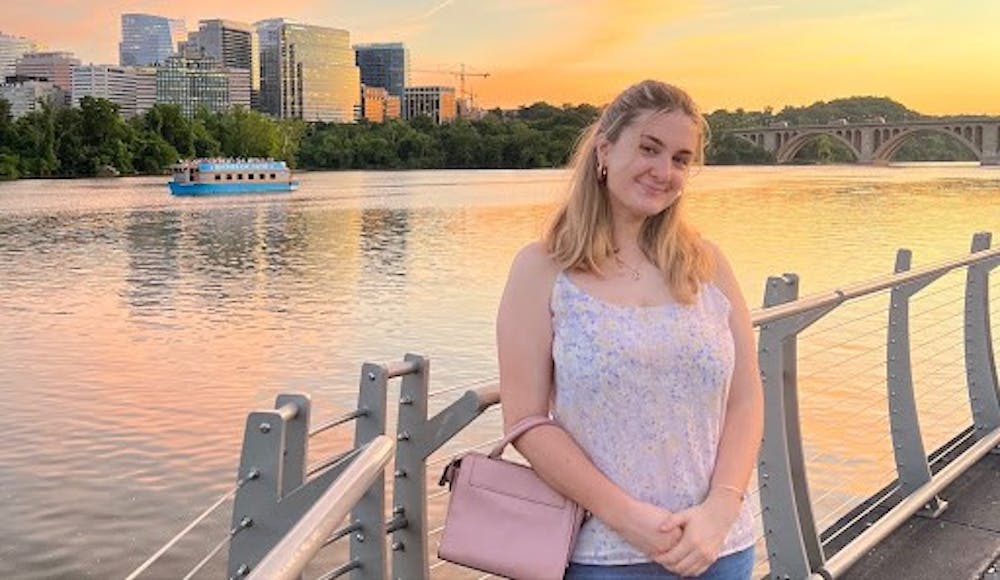In 1973, the Roe v. Wade decision protected reproductive rights under the right to privacy. The court split pregnancy into three trimesters, where the pregnant person could decide whether or not to continue the pregnancy during the first trimester. After that, states may regulate abortions in the second or third term as they see fit. However, as many know, this decision did not stick. Those against abortion claimed that the act was against religous beliefs, was murderous, or was morally wrong. These anti-abortion advocates continued to fight for what they believed was right, further dividing parties (and people) within the United States.
Flash forward to 2022, 49 years after the original Roe v. Wade decision, the Supreme Court reversed the original ruling, claiming there to be “exceptionally weak” and “damaging” arguments and alleging the decision to be an “abuse of judicial authority.” This decision would give states the power to regulate or outlaw abortions at any time, leaving many states like Texas, Oklahoma and Alabama to implement outlaws and bans. This ruling left many people with uteruses, including myself, fearing what the future of our reproductive rights, including access to birth control and contraceptives, would look like. The world I grew up in began to move backward instead of progressing forward. I felt a whirlwind of rage and disappointment, and knew I was not alone. Millions of people protested across the country, and even abroad.
With the reversal of Roe v. Wade, many students are looking to their universities for counseling, birth control and emergency contraceptives. In response to student demands, universities such as Northeastern University, Brandeis University, Stanford University and Yale University have installed vending machines that distribute contraceptives and emergency contraceptives. This gives students access to contraceptives quickly and at a lower price than the near $50 retail in drug stores for a morning-after pill. Petitions calling for likewise vending machines have even occurred on the American University campus, stating that “having a 24-hour vending machine available to students would increase accessibility.” The petition also called for allotting pregnancy tests within the vending machines, as well.
On June 24, American University President Sylvia Burwell released a statement regarding the reversal of Roe v. Wade, saying that AU will be “reviewing the possible implications for our community members in areas such as health insurance benefits and changes in state laws.” The statement also stated that the Student Health Center would continue to “provide counseling and prescriptions for contraception methods and referrals for reproductive health services not available on campus.” However, there were no further statements to follow.
Despite this, the SHC does offer a variety of Women Health Services, including but not limited to: counseling for contraceptive methods, prescriptions to contraceptive medication, STI screening, and the Plan B pill. However, in order to receive such counseling and health services, students must find an appropriate appointment date, and then meet with a provider. Allowing contraceptive vending machines and further services without the SHC would cut out unnecessary time and potential embarrassment.
Many students are affected by this decision. As a woman, I know how important it is to keep access to birth control and contraceptives, including proper healthcare services. The AU administration must create a means of obtaining contraceptives that do not include going to the SHC. For students from states that have outlawed or banned abortions, these services are imperative to their health and quality of life. AU should adopt the same vending machine contraceptive services as universities throughout the United States, allowing students to have quick and affordable access to emergency contraceptives when necessary. These vending machines could be found in dorm halls, or a designated area on campus for off-campus students. If these were to be adopted, the administration could seek to effectively inform students by sending out various emails, creating posters, and calling for Resident Assistants to inform the students whom they are assisting.
These services are crucial as the United States challenges reproductive rights. I refuse to allow a Supreme Court run by men to decide what I, a 20-year-old woman, should do with my body. American University must do more to support their students with uteruses.
Allie Grande is a junior in the School of International Service and a columnist for The Eagle.





